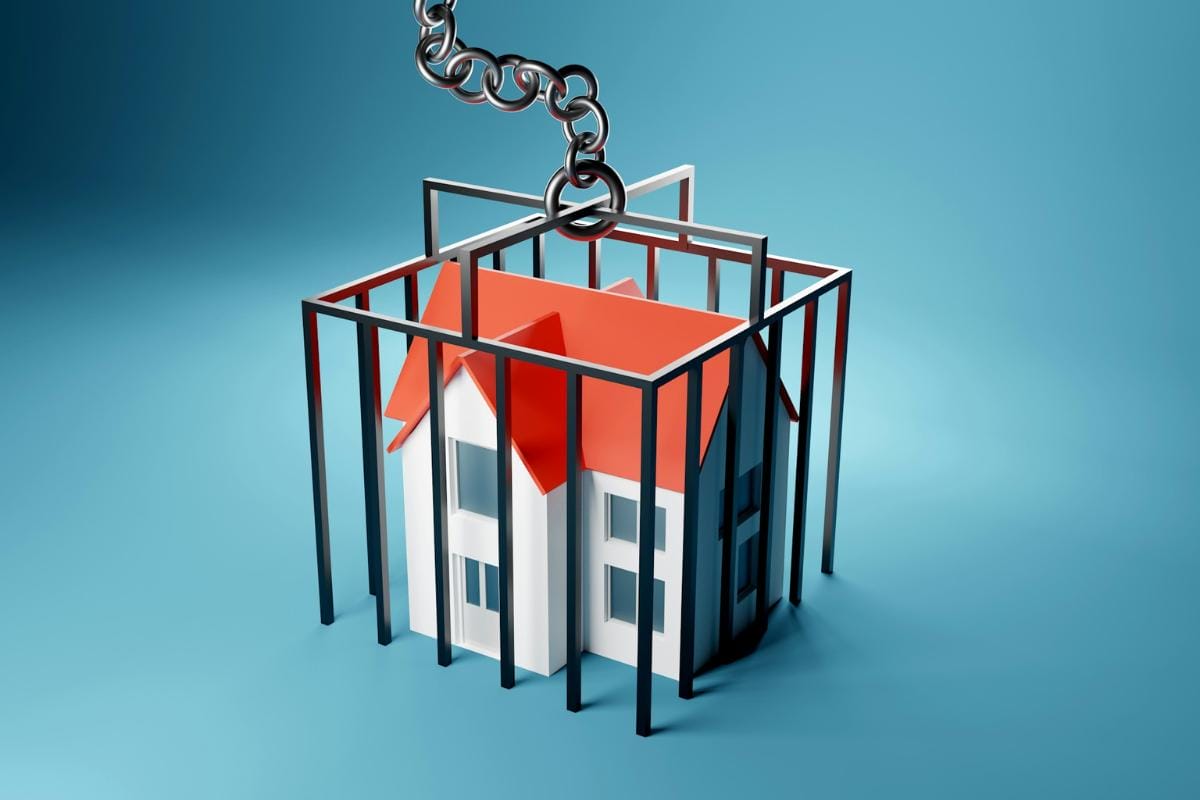New research commissioned by Santander details the economic and social impact of the UK’s antiquated homebuying process, costing consumers and the economy at least £1.5 billion every year.
Santander’s report, Fixing the Broken Chain, based on independent economic analysis from WPI Economics and a survey of over 2,000 consumers by JL Partners, highlights that nearly one in four (23%) will have experienced a property chain fail. This alone is costing consumers £560m each year, with a further £950m lost to the wider economy, alongside additional consequences caused by a complex and slow process.
There are over half a million (530,000) failed housing transactions each year in England and Wales1. The economic analysis shows that the direct cost to consumers of this through expenditure on elements such as mortgage and solicitors’ fees that consumers cannot recoup, is £560 million annually. This is 40% higher than the £400 million estimate used by the Government earlier this year2. The research reveals that approximately 85% of people who experienced a transaction reported some sort of financial loss. While the average cost stands at £1,240 per failed recent transaction, one in five people reported losses in excess of £2,000.
However, the impact is not just limited to consumers. The repercussions on the broader economy include the loss of work output due to stress and the time taken to buy a property within work hours (£380m per year), the cost of people’s reduced wellbeing (£400m) and wasted leisure time (£170m).
The broader economic hit
Beyond failed transactions and the very real costs associated with them, difficult and stressful processes deter activity, causing housing misallocation and reducing the liquidity of the property market. The buying experience is so disheartening that 28% of respondents said they are less likely to move again. By contrast, a more streamlined process would make 88% of people who moved recently more likely to move again in the future. Misallocation of housing brings considerable socio-economic effects, reducing workforce mobility, fewer larger homes for growing families and slowing housing chains.
David Morris, Head of Homes at Santander UK, commented:
“Buying a home should be a moment of excitement and hope, but for too many people, it’s an uncertain and exhausting process, that drains their mental, emotional and physical health.
“The homebuying journey is still operating in the confines of a framework that was established a century ago. This antiquated system is an increasingly heavy anchor weighing on the economy and fixing it must be key. While the Government has put the housing market firmly on its agenda – as this research shows – the scale of the challenge remains largely underappreciated, and that’s why we’re calling for powerful reforms to give buyers and sellers more confidence, ease the financial and emotional strain and create a housing system fit for the needs of today’s consumers and economy.”
Santander is calling on Government and regulators to:
- Expedite digitisation across all stakeholders
- Disincentivise illegitimate gazumping and gazundering
- Implement the collation of better up-front information disclosure from all parties
- Create a government owned, centralised property data system
- Improve data sharing through a Smart Data Working Group
- Incentivise the use of AI
- Take a long term approach to support market activity
The emotional toll of a broken system
The process takes longer and is worse than people expect, with the latter cited by 35% of respondents. And the human cost of the experience is profound. For many, buying a home is a significant milestone and represents years of saving and the realisation of a long-term life goal. However, less than half (46%) of homebuyers regularly felt positive in relation to the transaction. Instead, the majority of buyers (54%) said they were constantly or frequently stressed throughout the transaction. This was more acute among those who experienced a failed transaction, with 64% saying their stress levels were higher than normal, 57% reporting increased anxiety, 49% suffered from sleep disruption and 26% experiencing strain in their personal relationships.
Time kills deals
The research reveals that while the early stages of the homebuying journey, such as making an offer or securing a mortgage, are generally manageable for most buyers, it is later in the process where difficulties mount and transactions increasingly fail. 17% of unsuccessful transactions collapsed after one month, while 43% of failed transactions happen at or beyond the three-month mark. Even at the final stages, more than a third (38%) found exchanging and moving properties difficult, underscoring a system that too often leaves buyers chasing progress rather than celebrating their new home.













